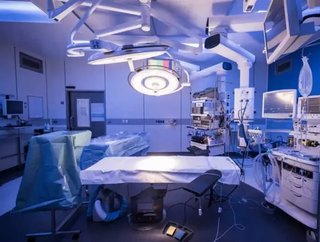The US 2.3% medical devices tax is reinstated, impacting the medical manufacturing industry

Previously suspended in 2015 as a result of the medical manufacturing industry’s concerns surrounding research and development within the healthcare industry, the medical devices tax has been reinstated.
Established back in 2013 in order to support the Affordable Care Act in the US, the medical device tax came back into force at the start of January after an unsuccessful last-bid by Republicans to delay or eradicate the tax coming back into force.
The billion-dollar industry, responsible for all medical products such as pacemakers, catheters and heart stents, will now be increasingly impacted by the reinstatement of the tax, which they have claimed stifles innovation and future investment within research and development into new, exceptional healthcare products.
"What we have seen from past experience is that it comes out of funding for product development, research and the jobs associated with those things," explained J.C. Scott, the Advanced Medical Technology Association (AdvaMed’s) Head of Government Affairs.
Related stories
- Roche looks to acquire Ignyta for $1.7bn
- A new report by the Focus Clinic showcases the healthcare expenditure of countries worldwide
- Microsoft and GlaxoSmithKline among companies involved in Viant blockchain programme
"We fear we will see employment freezes or reductions and a slowdown in the pipeline for medical innovation." The implementation of the tax will mean the termination or reduction of over 20,000 medical roles and strongly impact SMEs specialising in medical devices.
Last month, AdvaMed wrote an open letter to President Trump, urging for an eradication of the tax and providing further solutions to the issue at hand surrounding the ongoing complexities within the US healthcare funding model.
CEO of AdvaMed, Scott Whitaker, said: “In 11 days, the medical device excise tax is set to be reinstated. I am writing to you to underscore the devastating impact this tax has and will have on our industry.
I know you have long supported repealing this onerous tax. I want to emphasise why, unlike other business taxes, retroactive relief from the device tax is not feasible and why action this year is essential.”
The industry is now holding out hope that the tax will be repealed before companies will need to restart payments at the end of each month, over $70mn per annum.






